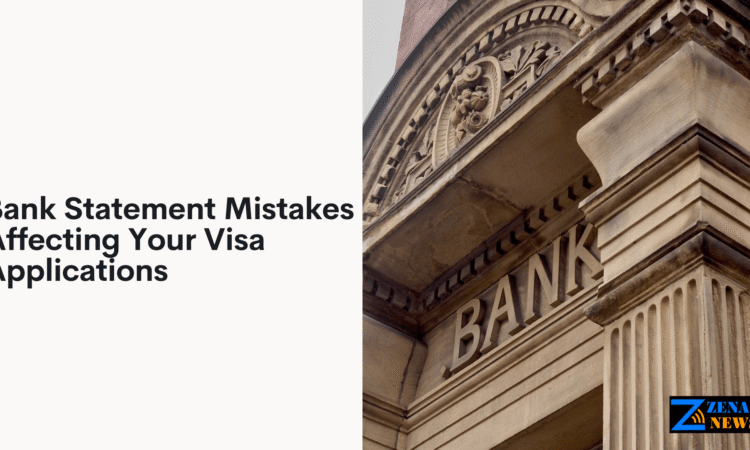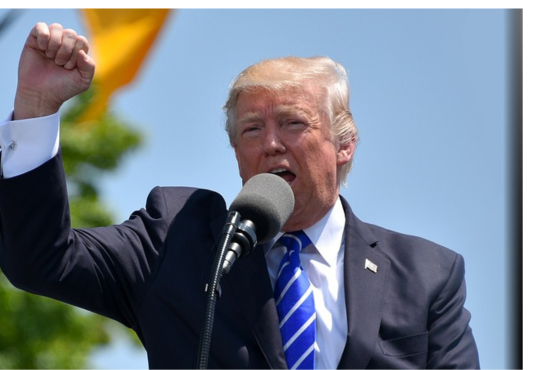Bank Statements Mistakes Affecting Your Visa Applications

<?xml encoding=”UTF-8″>
Bank Statement Mistakes Affecting Your Visa Applications
Visa applications are a critical step for individuals looking to travel or relocate to a different country. Unfortunately, many find themselves on the receiving end of visa refusals, often due to seemingly straightforward errors concerning their bank statements. Even when applicants present what they believe to be more than adequate funds at the time of application, they still face the disappointment of being denied visas for reasons labeled as insufficient funds. This situation has left many confused and frustrated, especially when they observe others with lesser bank balances getting their visas approved.
So, what is going wrong in these instances? This post aims to shed light on the common bank statement mistakes applicants make during their visa applications. These errors are often referred to as proof of funds errors and can be the sole reason for a visa denial.
Understanding Bank Statement Verification
A significant misconception among visa applicants is the belief that embassies do not verify bank statements. I have mentioned this before, and it has been corroborated by numerous experiences, that embassies indeed have mechanisms in place to verify the authenticity of bank statements. This is not merely speculation; it has been confirmed by individuals who have faced visa denials due to purported insufficient funds, even when their statements displayed substantial amounts.
Embassies work closely with various financial institutions and have established contacts to conduct these verifications. It is crucial for applicants to understand that any discrepancies found during this verification process can lead to a visa denial.
Real-Life Example: A Costly Mistake
Consider a recent scenario where an individual applied for a Canada visitor visa with an impressive 17 million in her bank account. To her surprise, she received a denial notice citing insufficient funds. What went wrong? After submitting her application, she withdrew a large portion of her funds. When the embassy reached out to verify her account, they found that the balance had significantly dropped, leading to the conclusion that the funds were only temporarily present in the account. This revelation resulted in the rejection of her visa application.
This case highlights the importance of understanding how embassies assess financial stability. It is not merely about presenting a high closing balance; it is about demonstrating consistent financial behavior over time.
Common Bank Statement Mistakes
Here are some frequent errors that can derail your visa application:
1. Large Withdrawals After Application: Once you have submitted your visa application, it is crucial to avoid making large withdrawals from your account. Visa officers may verify your bank statement at any time, and a significant decrease in your balance can suggest that the funds were only temporarily available, raising doubts about your financial stability.
2. Irregular Account Activity: A bank account that suddenly sees large deposits without corresponding withdrawals can raise red flags for visa officers. They scrutinize the account activity over several months, not just the closing balance. Inconsistent or unusual activity may lead them to question the legitimacy of the funds.
3. Relying on Assumptions: Assuming that embassies do not verify bank statements is a grave mistake. While it is true that they may not verify every single statement, random checks are common practice. Therefore, it is always best to prepare your application as if your bank statement will be verified.
How to Avoid These Mistakes
To ensure that your visa application is not rejected due to bank statement issues, here are some best practices to follow:
Maintain Consistent Activity: Ensure that your bank account shows regular deposits and withdrawals that reflect a normal, active account. This will help demonstrate financial stability and reliability to the visa officers.
Leave Funds Intact: After submitting your application, avoid making large withdrawals. If you must withdraw funds, ensure that they are replenished quickly to maintain the balance that was presented at the time of application.
Use Your Account Regularly: Do not just deposit large sums close to your application date. Instead, use your account consistently over time to reflect genuine financial activity. This will help establish a credible financial history.
At this point, you might be wondering, “How can I make sure my application stands out positively?” The key is to treat your bank statement as a story of your financial life. Make it believable, consistent, and reflective of your true financial situation.
Final Thoughts
Visa officers are trained to scrutinize bank statements carefully. Attempting to outsmart them with temporary deposits or irregular account activity is a risky strategy that often backfires. Instead, focus on maintaining a healthy, active bank account that genuinely reflects your financial situation.
Remember, the goal is to present a credible and genuine picture of your finances. By avoiding these common bank statement mistakes, you significantly increase your chances of a successful visa application. Keep your finances transparent, and let your bank statement work in your favor.
For those of you who are in the process of applying for a visa or are planning to do so soon, take the time to review your financial habits and ensure that your bank statements accurately reflect consistent and credible financial activity. This preparation can be the difference between a successful application and a disappointing denial.
For more insightful updates on this topic, stay tuned and keep your application prospects bright! Whether you are planning to study, work, or travel abroad, understanding and avoiding these common pitfalls can make all the difference in your visa application journey. Good luck!
Recommended Story: Do This EVERY Time You Get Paid – Paycheck Routine














